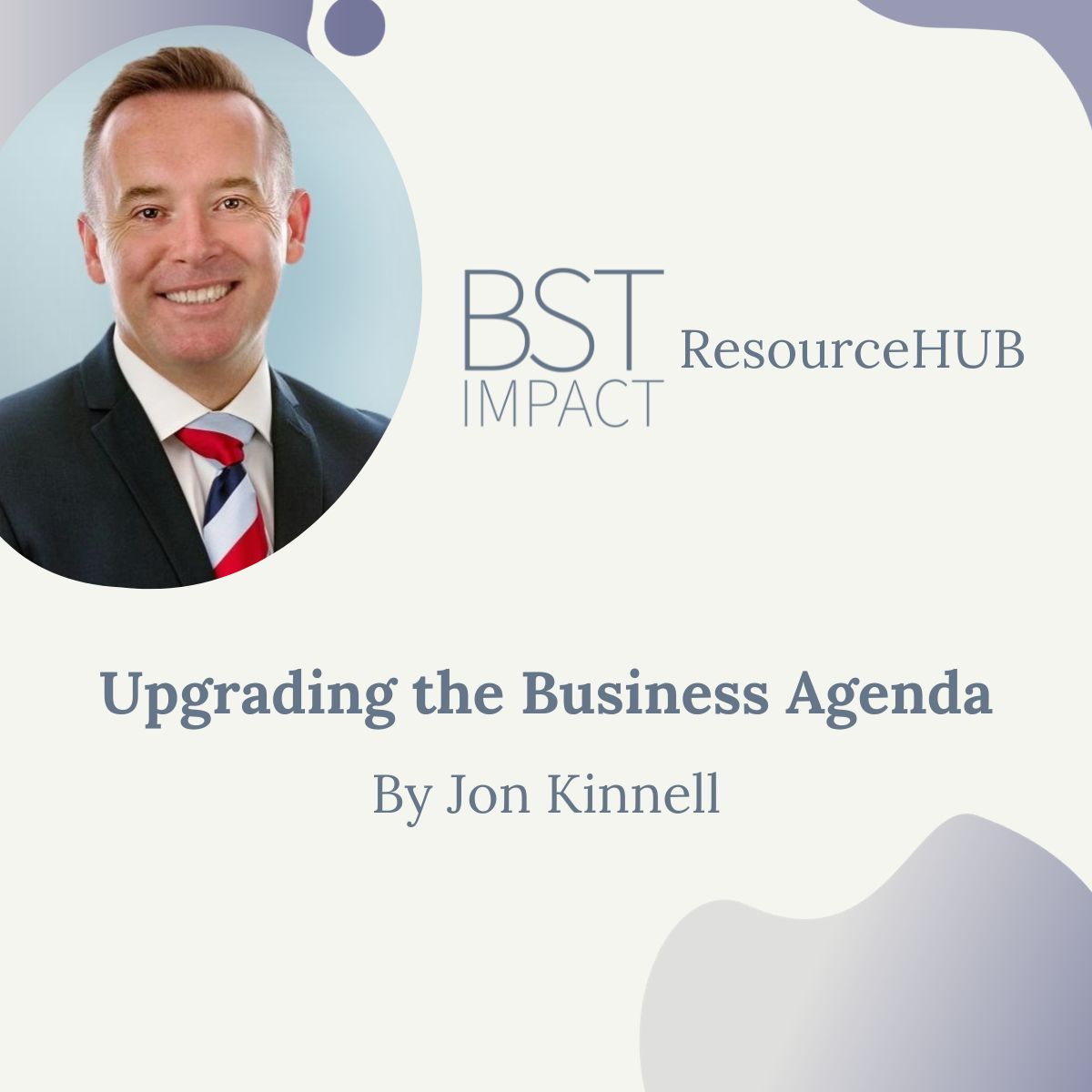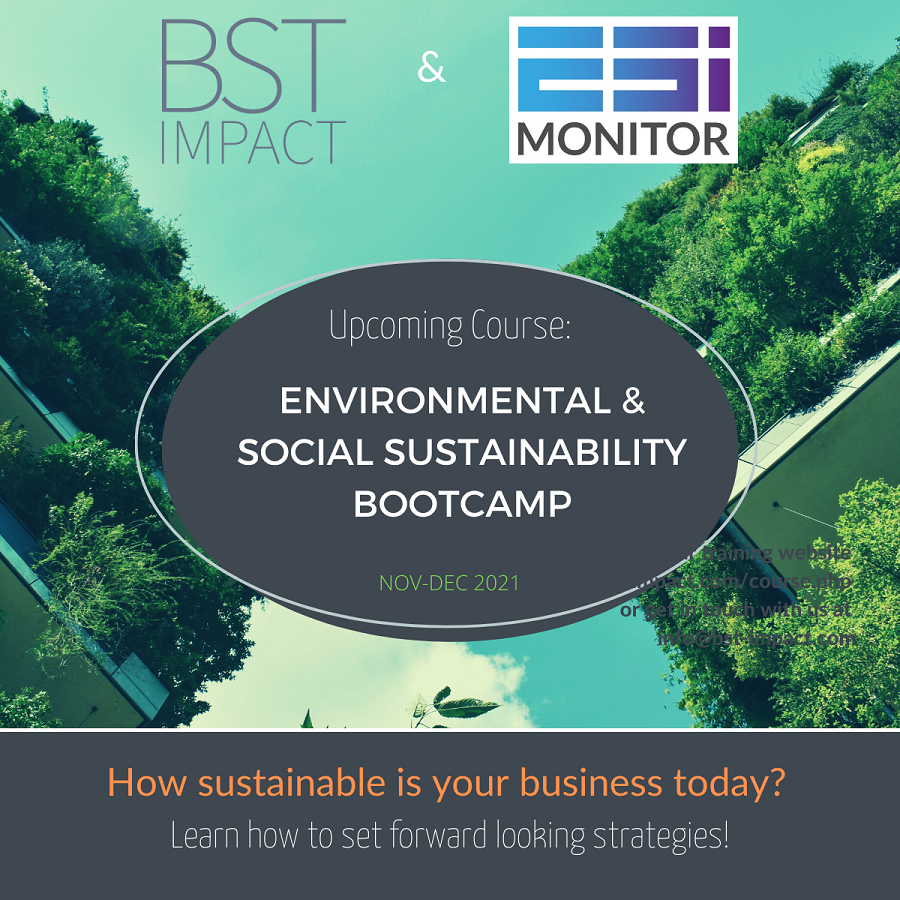
Upgrading the business agenda
BST's ResourceHub presents a piece from our Team Member Jon Kinnell who tells us about the economic impacts of achieving even just one of the UN Global Goals, like Gender Equity (SDG8).
Achieving just the one UN Global Goals of Gender Equity (SDG8) could contribute up to US$28 trillion to global GDP by 2025! UN Global Compact
Investing in people along with the planet – arguably hand in hand, unlocks growth, increases competitiveness, and helps create a regenerative economy. The growth and success of ESG funds, the increasing prominence of sustainable and impact brands, an increasing regulatory approach to disclosure, and the public demand for transparency and action on social justice issues, all indicate a regenerative approach to society is fast-approaching the standard future of business. Ensuring justice, equity and inclusion within and between societies and economic markets.
Whatever your political views, uncertainty, and the return to a much more nationalist politics in countries around the world have displaced the assumption of steady global integration. Business leaders need to strike out in new directions to embrace more sustainable and inclusive approach to business. It is incumbent on all of us to make the case for business to be at the heart of an open global, better business, better world, economic system. We must have the courage to strike out in new directions and embrace an economic model which is not only low-carbon and environmentally sustainable, but also turns poverty, inequality, racial equity, gender equity and inclusion into new market opportunities for smart, progressive, profit for purpose-oriented companies. These complex challenges need the full and combined attention of government, civil society, and business. Business leaders have a real opportunity to bring about a new, socially-focused and equitable model of business that reaches the parts of our communities previously left largely to public aid.
The Global Goals
Taking the UN's new Global Goals for Sustainable Development as the basis in developing your business strategy, in partnership with social investors, local authorities and civil society, could lead to greater shared prosperity for all by 2030.
The UN Global Compact anticipates pressure will mount for a business to prove itself a responsible social actor, creating equitable, properly paid jobs in its supply chains as well as in our factories and offices. I appreciate business is in business for the purpose of profit responsible to shareholders, pension funds, regulators. Also demonstrating that it pays taxes where revenue is earned; abides by environmental and labour standards; respects the national politics and customs where it operates; integrates social and environmental factors in its investment decisions; and, above all, engages as a partner with others to build an economy that is more just.
However, there is profit in purpose! Business needs the Global Goals as they offer a compelling growth strategy for businesses. UN Global Compact shares that engaging in the SDGs opens up a further US$12 trillion of market opportunities. Supporting food and agriculture, cities, energy and materials, and health and well-being. Each relevant within today’s supply chain pressures, cost of living crisis, energy price challenges, and strain on family resilience. Sectors representing 60 percent of the real economy and critical in the delivery of the Global Goals. To capitalise on these opportunities in full, businesses need to pursue social and environmental sustainability as avidly as they pursue market share and shareholder value.
Change always comes with risk, however the business case for sustainable development has already been made and it’s strong. It opens new opportunities; efficiency gains; it drives innovation and experimentation with circular and more agile business models that can grow exponentially and shape new social and environmental value chains. Aligning your business strategy to the SDGs also helps inform and develop your businesses ethical considerations, an important fact not to be neglected.
There is profit in purpose!
The business case for sustainable development as core strategy gets much stronger as the world achieves the Global Goals. Reaching the Global Goals opens the 60 biggest market “hot spots.” The PRI – the world’s leading proponent for responsible investment quotes the Business and Sustainable Development Commission estimating that this could unlock economic opportunities worth at least US$12 trillion a year by 2030 (more than 10% of global GDP) and generate up to 380 million jobs (covering more than 10% of the forecast labour force in 2030), in the four examined economic systems alone by 2030. The total economic prize from implementing the Global Goals could be 2-3 times bigger, assuming that the benefits are captured across the whole economy and accompanied by much higher equitable labour and resource productivity. That’s a fair assumption. Consider that achieving the single goal of gender equality could contribute up to US$28 trillion to global GDP by 2025, according to estimates. A fundamental human right, we still do not recognise gender equity as a change-agent, and therefore under current mechanisms will take over 267 years to achieve equality in terms of economic empowerment and participation. A truly awful indictment on business and society to have to compare against.
Responsible business must become mainstream.
Adopting an economic model that delivers inclusive growth with respect for people and planet begins and ends with personal leadership, anchored in universal values and principles. Personal leadership is first and foremost about having the courage to take a stand. Leadership requires that we dare to speak the inconvenient truth.
Personal leadership must also be inclusive, equitable and put people first, amplifying the voices that are most often ignored. This takes commitment, courage and the resolve to stand firm, even in the face of scepticism.
Unless private companies seize this market opportunities, advancing progress on all 17 Global Goals, the abundance they offer simply won’t materialise.
Thank you goes to the UN Global Compact, PRI, and the Business and Sustainable Development Commission for sharing the financials and finer detail of this article.
About Jon Kinnell: Jon is BST Impact’s Head of Private Clients and Impact Philanthropy. With over 15 years of experience operating at the interface of wealth management and sustainability, he is an expert in values-based Impact Philanthropy and in accelerating ambitious start-ups, SMEs, and highly impactful social organisations, including NGOs, designing impact strategies aligned to more responsible capitalism at an individual and organisational level.
To know more about him, visit his LinkedIn page







